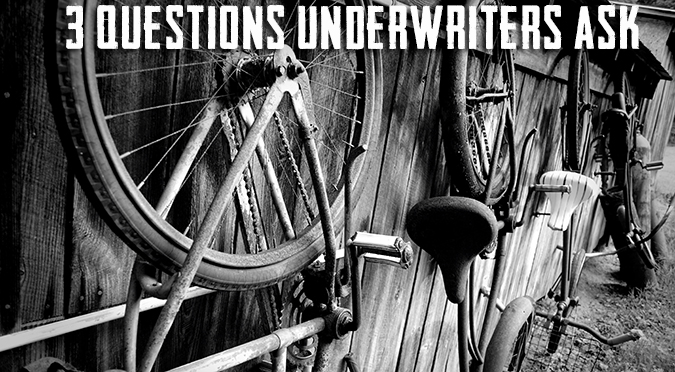As you explore the home buying process for your new Colorado real estate, you may see title insurance listed as part of your estimated closing costs. This is a common line item that all home buyers should understand. In short, title insurance protects the buyer and lender from potential damage, losses or legal fees arising from errors in the recording of the title of their real estate and undisclosed defects in the past chain of title (referred to as a “cloud” in title).
During the transfer of ownership of a property, mistakes can happen. Title insurance began in the 19th century as a way to protect against fraud, recording and clerical errors. This coverage also overrides claims made about the property in old, outdated documents that the new buyer may be unaware of at the time of their home purchase.
The Two Types of Title Insurance Defined
The American Land Title Association (ALTA) reports that 36% of all real estate transactions have a defect in title. This means both buyers and lenders need to take precautions to protect their investment with title insurance.
- Lender’s title insurance: This protects the lender in the event of a claim against the buyer’s property for the mortgage loan amount. Because of this, all lenders require title insurance as part of every member’s closing costs.
- Owner’s title insurance: Similarly, this protects the homeowner from claims against the property. While this type of insurance is not required, it is highly recommended by mortgage professionals.
What Does Title Insurance Cost?
In most cases, the fee for title insurance coverage is a onetime charge estimated at 0.5-1% of the property purchase price, according to ALTA. Title insurance is a one-time fee paid at the time of closing on your home and will be found on your settlement statement and Closing Disclosure. Most title companies will include the insurance as part of a bundled rate for title along with a bundled fee for escrow services.
Who pays the for the title insurance coverage — buyer or seller — varies by state. It is typical in Colorado for the seller to select the title insurance company and to pay for the owner’s title insurance, although the fees may be negotiated otherwise in the Colorado contract. Discuss this with your realtor, as it is part of the negotiation process between buyers, sellers and their realtors. If you’re footing the title insurance bill as a buyer in Colorado, shop around. Title insurance costs can vary. For example, larger loan amounts, smaller down payments and additional coverage for extended title issues may increase the cost of title insurance. In addition, costs can differ from title company to title company.
Common Defects in Property Titles
So, what types of claims does title insurance protect against? Common issues include liens against the property, undisclosed documents and clerical errors that people did not recognize during the title search process. Let’s take a closer look.
- Fraudulent transfers of ownership rights in the property: This includes forgery and documentation that wasn’t prepared legally.
- Previously unreported liens: A tax bill that was not paid by a previous owner or a second mortgage that was not recorded are examples of common defects.
- Unintentional errors in recording or filing of documents: Typing errors and digital file corruption happen.
- Undisclosed heirs to the property: After the purchase of the home, someone from the past may lay claim to your house.
- Encroachments on the property: A typical example of encroachment occurs when a neighbor builds a new garage or installs a new driveway crossing over the boundary line onto the adjoining property.
- Current lawsuits and disputes: Are there any active court cases involving your property, such as divorce or bankruptcy, that are not final?
- Errors and omissions on your Deed of Trust: This could be as simple as a misspelling of a name, incorrect address or incomplete legal description of your property.
Although these are some of the most popular defects we notice on property titles, there are many more errors or missing details that can pop up during a transfer of property that’s been through the hands of multiple owners.
Bottom line: Title insurance gives you peace of mind against unknown issues that could cause future legal and monetary strain on you and your property.
Do you have Front Range real estate buying questions? Our mortgage team would love to help. We also encourage you to try our mortgage affordability calculators and sign up for a complimentary seminar to help you along your journey.


